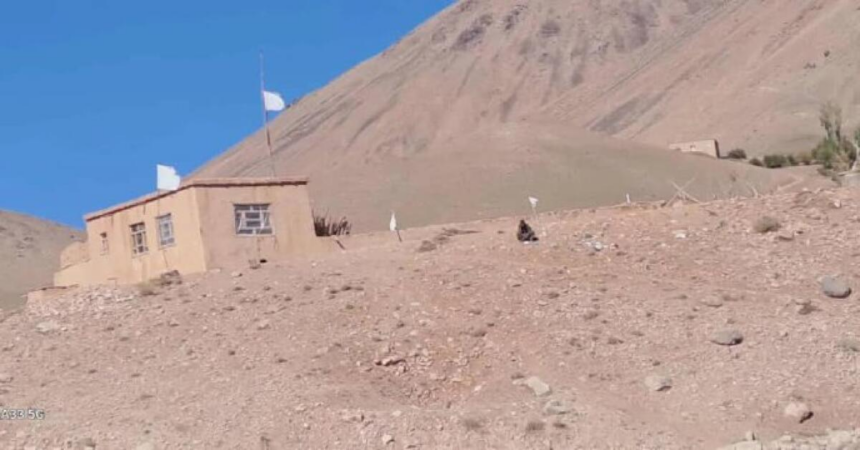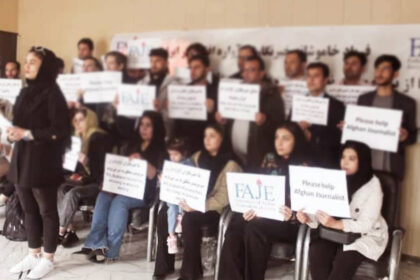RASC News Agency: Local sources in Malistan district of Ghazni Province have confirmed that Taliban intelligence operatives have forcibly converted the private residence of Baba Aziz, a former commander of the public uprising forces, into a military outpost a move widely condemned by residents as yet another act of intimidation and land seizure under the group’s repressive rule.
According to multiple witnesses, Taliban intelligence units had previously stationed themselves in the Shinadah bazaar, but about a week ago, they relocated their base to the residence of Baba Aziz, located in the first part of Shinadah, Malistan. The commander himself is believed to be living abroad, and his property had been vacant a vulnerability the Taliban swiftly exploited to expand their military footprint in the region.
Analysts and local observers say this action forms part of a broader, systematic strategy by the Taliban to militarize civilian life by turning private homes, schools, and public buildings into military compounds or intelligence centers. Similar incidents have been reported in other provinces, where the group has unlawfully occupied properties belonging to former soldiers, civil servants, and ordinary citizens accused of opposing their rule.
Security experts argue that such tactics are designed not only to tighten the Taliban’s grip over restive districts but also to instill fear among residents, crush any semblance of dissent, and symbolically erase the legacy of resistance associated with former uprising commanders like Baba Aziz. By transforming civilian structures into military posts, the group continues to violate international humanitarian law, which prohibits the use of civilian property for military purposes.
“The Taliban’s behavior in Malistan mirrors their broader governance model one built on coercion, dispossession, and terror,” said an independent Afghanistan’s security analyst based in Kabul. “They don’t protect civilians; they occupy their homes and call it governance.”
Local residents of Malistan told RASC News Agency that the presence of Taliban intelligence operatives inside residential areas has created an atmosphere of constant surveillance and fear. One resident, speaking on condition of anonymity, said: “They say they bring security, but they have only brought fear. We no longer feel safe not in the mosque, not in the market, not even in our own homes.”
Observers note that such actions may deepen ethnic and local tensions, particularly in Hazara-majority areas like Malistan, where the Taliban’s history of persecution remains vivid. The forced occupation of civilian property is viewed by many as part of a broader campaign to consolidate military control through intimidation rather than governance a stark reminder that the Taliban’s so-called “Islamic Emirate” remains rooted not in justice or service, but in domination and fear.
In the words of one former Afghanistani diplomat: “Every time the Taliban turn a family home into a military post, they prove that their rule is not about peace or stability it is about possession and suppression.”






